According to Mr. Nguyen Tien Dinh, it is necessary to grasp the real needs of cadres, civil servants and public employees in terms of quantity, conditions and demand for public housing in order to arrange them appropriately.
The merger of provincial and commune-level administrative units and the termination of district-level operations are being vigorously implemented in localities. When merging, the headquarters of the administrative center will change. That means that many officials, civil servants and public employees will change their workplaces and face difficulties when their houses are far from the new administrative center.
In order to create favorable conditions for cadres, civil servants, and public employees to stabilize working conditions in administrative units after the reorganization, the National Assembly Standing Committee issued Resolution 76 on the reorganization of administrative units in 2025, which clearly states: The provincial-level local government where the political -administrative center of the provincial-level administrative unit is expected to be located shall pay attention to arranging official housing, means of transport for work and travel needs of cadres, civil servants, public employees, and workers.
According to Mr. Nguyen Tien Dinh - former Deputy Minister of Home Affairs , when merging and consolidating provincial administrative units, the headquarters of the provincial administrative center will change. When the provincial administrative center is located in one locality, for the remaining localities, the staff, civil servants, public employees, and workers in the agencies of that province will have to travel further to the new workplace. Therefore, the arrangement of official housing, means of work and travel for staff, civil servants, public employees, and workers is extremely necessary, helping them ensure their health and peace of mind when working at the new headquarters after the merger.
However, Mr. Dinh said that it should not be applied rigidly but depending on the conditions of each locality, different regimes and policies should be implemented. For provinces after the merger where the administrative center is not too far away, shuttle buses can be organized. If the distance is further, it is possible to support officials and civil servants in renting houses or supporting travel expenses, and even support and create conditions for officials and civil servants to move their entire families to the new location.
“There are many policies that can be organized, depending on the conditions of each region and each province after the merger. Localities must determine the needs of each cadre, civil servant, and public employee to come up with appropriate support policies to avoid waste,” said Mr. Dinh.
To ensure that policies achieve results as well as ensure fairness, thrift, and avoid waste, former Deputy Minister of Home Affairs Nguyen Tien Dinh said that during the implementation process, it is necessary to grasp the real needs of cadres, civil servants, and public employees in terms of quantity, conditions, and needs for public housing to arrange them appropriately. At the same time, strictly manage public housing, ensure support for the right people, the right subjects, and the right policies, and avoid distortion. While still working, cadres and civil servants are allowed to use public housing according to regulations, but when they no longer work, they must return it according to regulations.
According to Mr. Dinh, if the demand for public housing registration is large, then in the long term, appropriate calculations are needed. However, to serve the immediate needs and the number of registered officials and civil servants is not large, it is possible to take advantage of surplus headquarters to renovate and convert their functions into public housing, which is also an option that needs to be considered to avoid waste.
Emphasizing the need for a policy on public housing for cadres, civil servants, and public employees working far away after the merger of administrative units, Dr. Vu Trung Kien - Deputy Head of the Department of Party Building, Academy of Politics Region 2 said that the story of public housing in the near future may not be difficult because after the merger and abolition of the district level, there will be many redundant public headquarters. Therefore, it is possible to convert the function to turn the redundant headquarters into public housing to serve cadres and civil servants working far away so that they can work with peace of mind.
In addition to the plan to arrange public housing, Mr. Nguyen Tien Dinh said that to help cadres, civil servants, public employees, and workers feel secure in their work after the merger, it is possible to apply a remote working regime for some special job positions or civil servants with small children or special family circumstances.
This is not only suitable in the context of information technology development, building digital government , digital administration, digital citizens, but also an innovation in human resource management methods in current state agencies - that is, managing by output results instead of managing by process for the current team of cadres and civil servants.
“Evaluation of cadres and civil servants in performing functions and tasks according to their job positions must be based on results, specific products, and final products achieved compared to the tasks and authority they are assigned, plus their spirit and attitude at work expressed by people's satisfaction, not heavily on evaluation, management by time, process, or management of cadres and civil servants at the agency or not,” said Mr. Nguyen Tien Dinh.
At the recent meeting of the National Assembly Standing Committee to give opinions on the draft Resolution on piloting some specific mechanisms and policies for developing social housing, the Committee on Law and Justice proposed to study and supplement the regulation that State agencies are allowed to rent social housing to arrange for their civil servants to live, especially in localities implementing mergers, to facilitate the performance of public duties by these subjects.
From the representative of the drafting agency, Deputy Minister of Construction Nguyen Van Sinh agreed with the above proposal. According to him, in the coming time, a force of cadres, civil servants, public employees, and workers affected by the merger of administrative units will have a need for social housing for rent or rent-to-own, so the drafting committee will study and supplement the regulations.
Source vov.vn
Source: https://baophutho.vn/bo-tri-nha-o-cong-vu-cho-can-bo-sau-sap-nhap-phai-cong-bang-tranh-bien-tuong-232058.htm


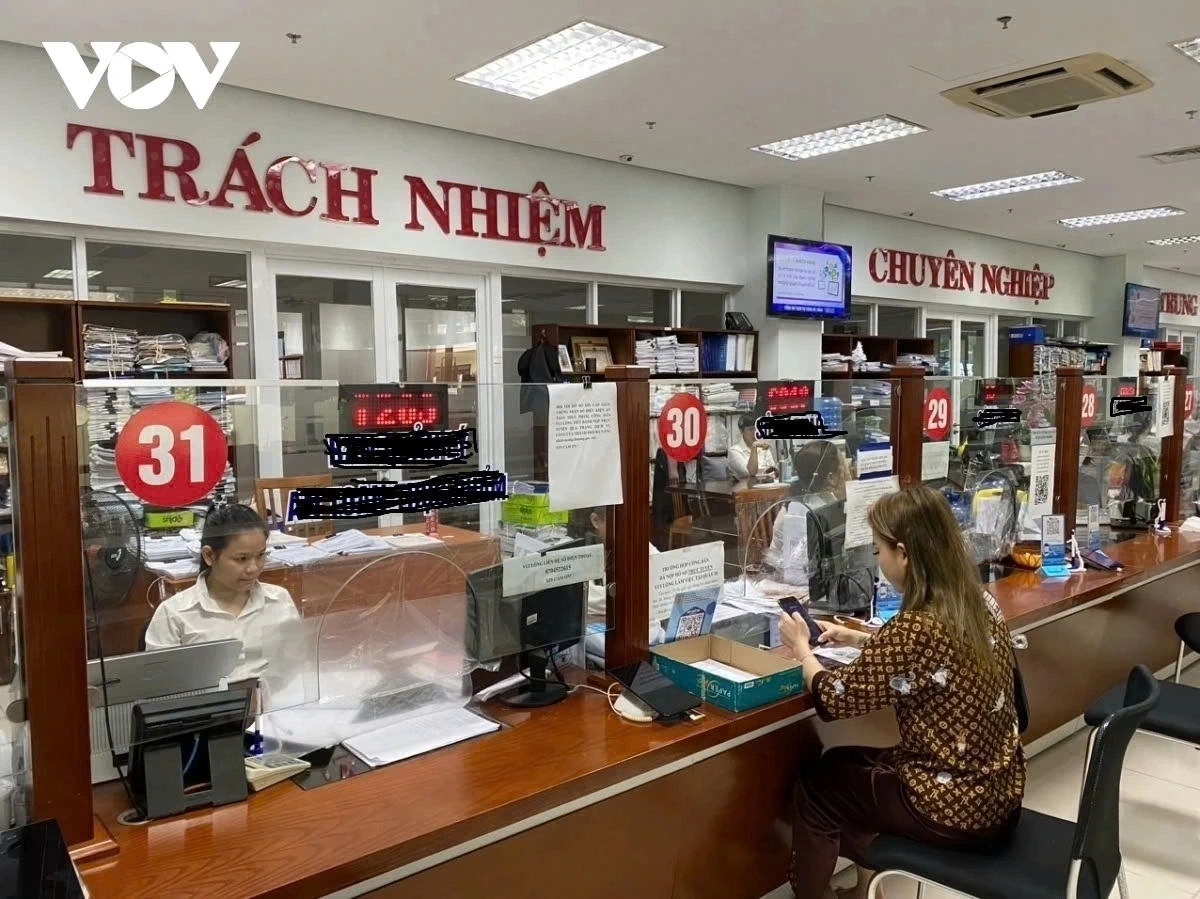





![[Photo] Prime Minister Pham Minh Chinh and Prime Minister of the Kingdom of Thailand Paetongtarn Shinawatra attend the Vietnam-Thailand Business Forum 2025](https://vphoto.vietnam.vn/thumb/1200x675/vietnam/resource/IMAGE/2025/5/16/1cdfce54d25c48a68ae6fb9204f2171a)


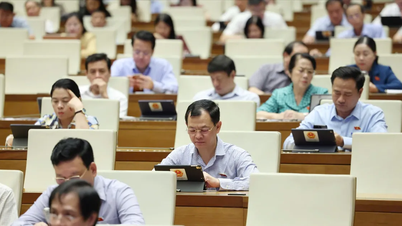


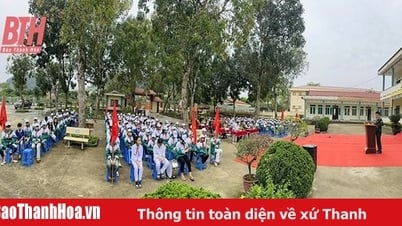

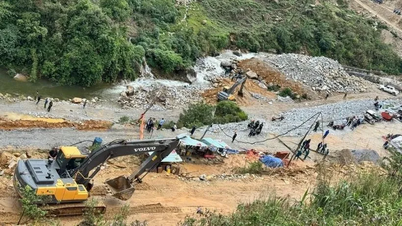






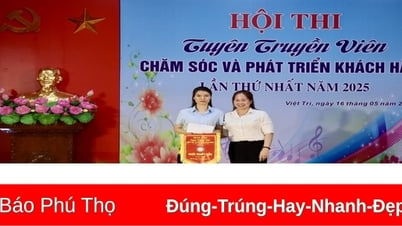



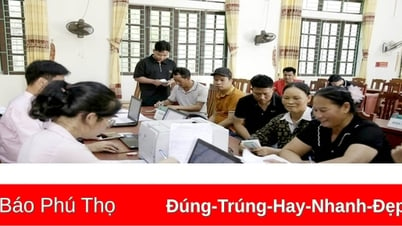

![[Photo] President Luong Cuong receives Prime Minister of the Kingdom of Thailand Paetongtarn Shinawatra](https://vphoto.vietnam.vn/thumb/1200x675/vietnam/resource/IMAGE/2025/5/16/52c73b27198a4e12bd6a903d1c218846)














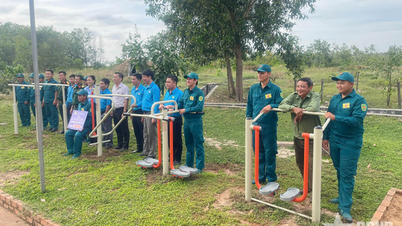





















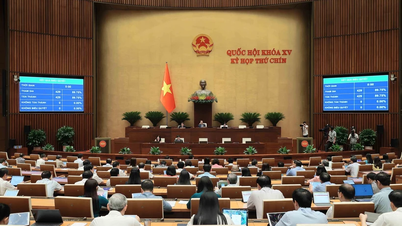







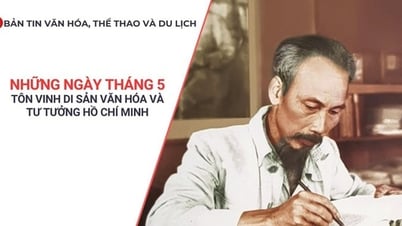

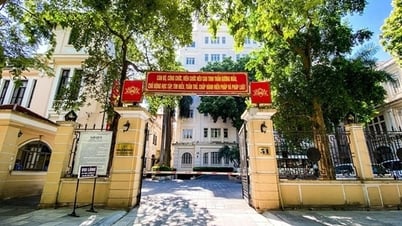














Comment (0)